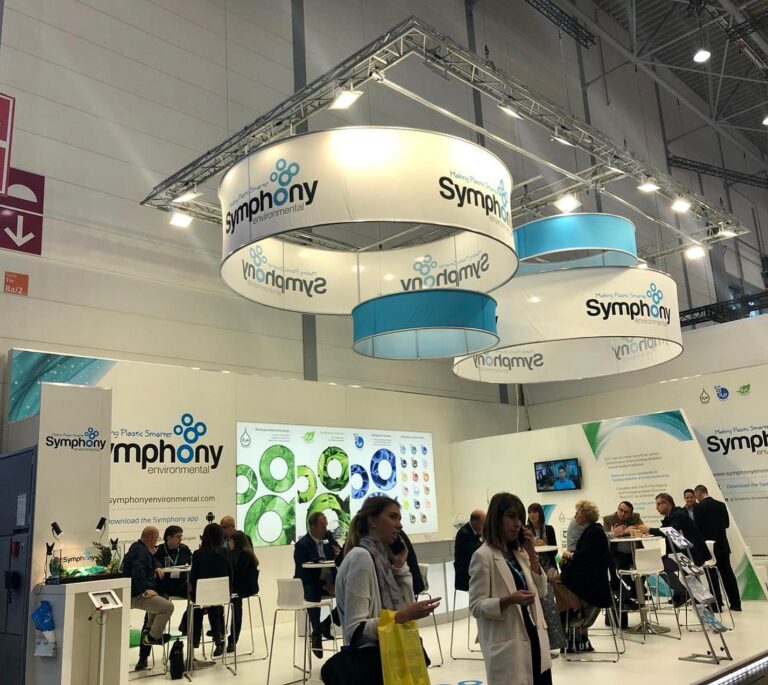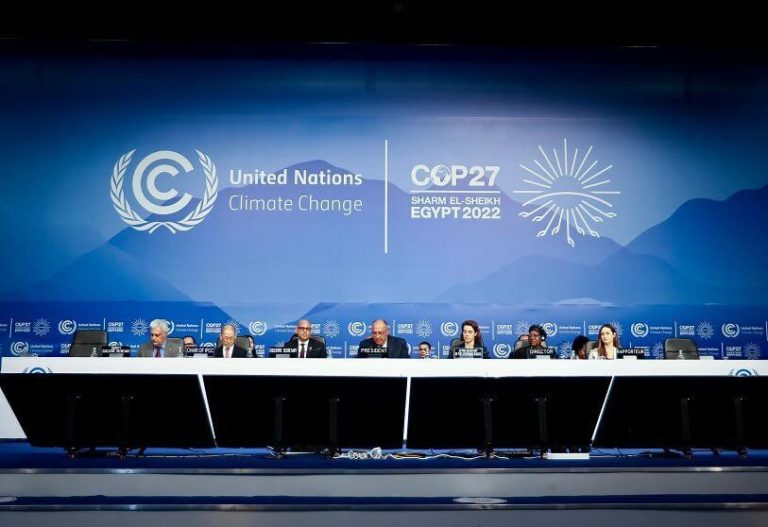Symphony Environmental Technologies plc (LON:SYM), global specialists in technologies that make plastic and rubber products “smarter, safer and more sustainable”, has noted that DEFRA (the UK government department for Environment, Food and Rural Affairs) has NOT listed oxo-biodegradable plastic in its November 2021 public consultation as a “frequently littered and problematic plastic.” The Scottish Government has likewise issued draft Regulations in November which do not list oxo-biodegradable plastic. Symphony views this as a major step in the right direction.
Symphony is also encouraged that the UK Government has given grants for the development of oxo-biodegradable technology (sometimes described as biotransformation), demonstrating an understanding that these technologies can reduce the problem of plastic litter which does not get collected for recycling.
The British Royal Family has also shown support. HRH The Prince of Wales has visited a facility developing biotransformation technology, and Symphony is a subscriber to the Prince’s “Terra Carta” Sustainable Markets Initiative.
DEFRA and the Scottish Government have now seen the evidence from the four-year Oxomar study sponsored by the French government proving that oxo-biodegradable plastics do biodegrade, even in the oceans, much more efficiently than conventional plastics. They have also seen the study by Queen Mary University London showing that the biodegradation of LDPE (low-density polyethylene) containing Symphony’s d2w was 90‐times greater than ordinary LDPE after 35 days. They are also aware that the European Chemicals Agency, after ten months’ study was not convinced that oxo-biodegradable plastic created microplastics.
Michael Laurier, CEO of Symphony Environmental said, “We welcome the position taken by the UK and Scottish Governments, and we will now be putting more effort into explaining and marketing our d2w technology in the UK.”










































